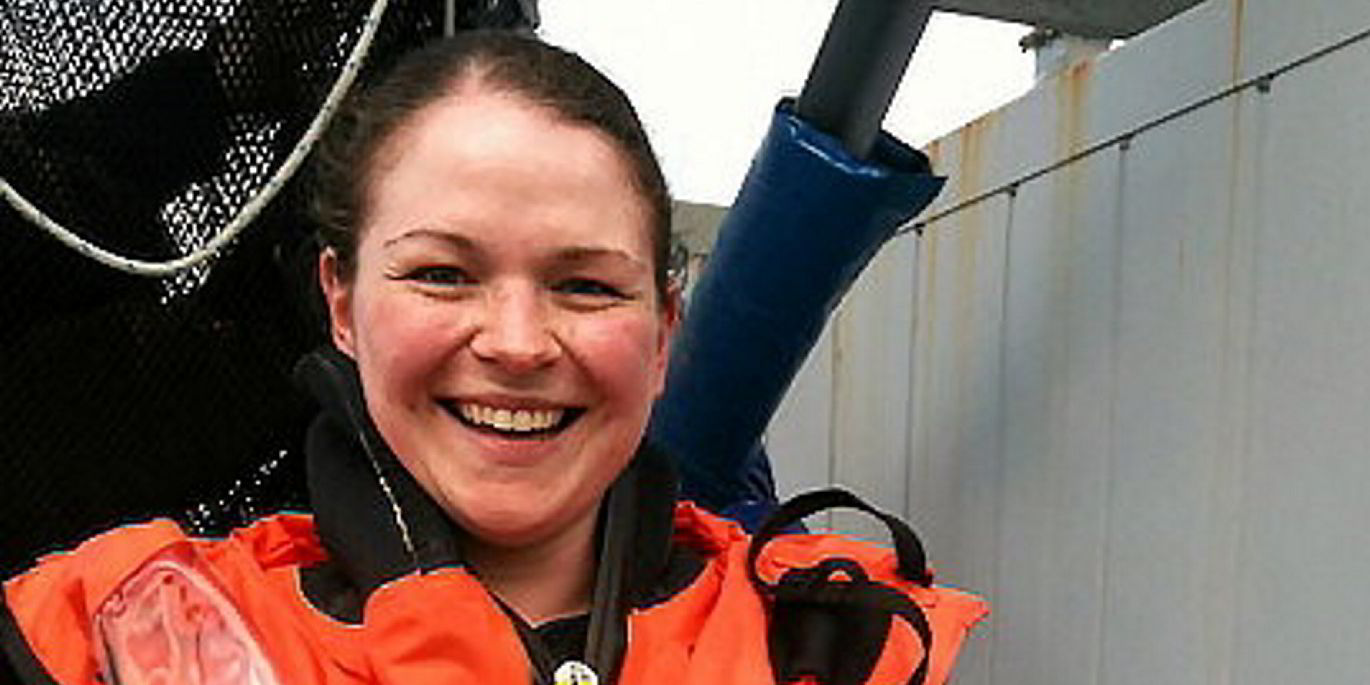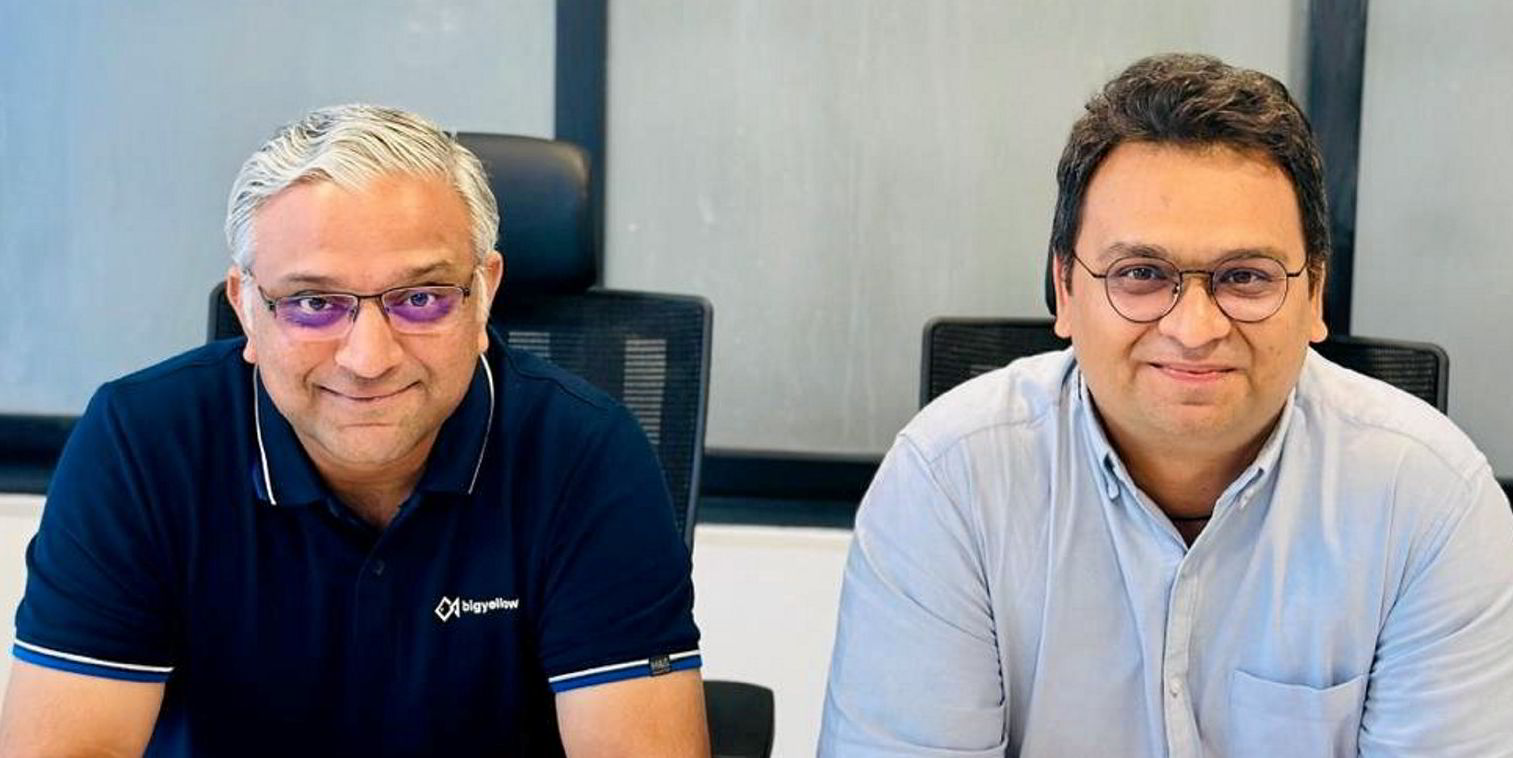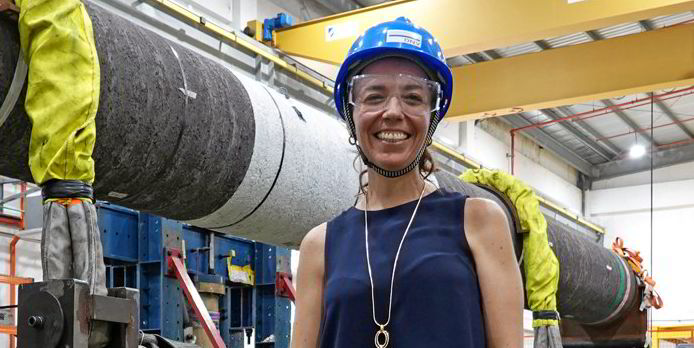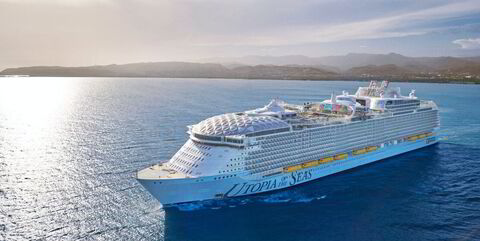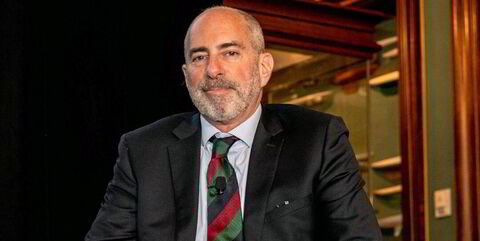Maritime behavioural risk management platform Bigyellowfish is shifting its headquarters from India to Singapore, to leverage the city-state’s vibrant tech ecosystem and its status as a maritime hub.
Dr Linda Sorensen, who joined co-founders Soma Sundar Gollakota and Kunal Pancholi as chief commercial officer in January, told Tradewinds that the move will open new avenues of collaborating on innovations that she expects will have a profound impact in safety-critical industries.
“We created something that is novel and unique, but we’re not so arrogant to think that that’s going to stay for the next 10 years. We’re going to have to continue to evolve,” she said.
Billed as a workplace well-being, mental health and training platform that combines technology, business and psychology to allow organisations to be on top of their crew well-being and welfare engagement, Bigyellowfish launched in 2021 against the premise that the behaviour of a frontline workforce has a strong impact on a company’s bottom line.
The platform has 80,000 users spread across 1,600 ships, up from 10,000 users on 400 vessels just 12 months ago. It counts 28 major shipping companies and ship managers among its clients.
Sorensen, who holds a PhD in human factors, civil engineering, from the University of Southampton in the UK, and who has held senior human resources and behavioural analytics roles at Frontline, BW Group and Lloyd’s Register, told Tradewinds that joining Bigyellowfish was a “natural progression” of her maritime career.
Her new role, she said, combines all her academic expertise and industry experience to work strategically across the entire industry on resolving entrenched problems, which she described as her passion.
“My PhD looked at situational awareness, a specific construct, and that is very valid in a safety-critical industry such as shipping. At Lloyd’s Register I worked as a consultant diagnosing all types of safety-related issues and problems. I got frustrated that all I could do was hand over recommendations,” she said.
“BW Group gave me the opportunity to go to the next step, which was to follow through on those recommendations and dig a little deeper, while Frontline gave me the opportunity to step back a little to work strategically across a large number of third-party ship managers.
“At Bigyellowfish I’d like to resolve some of these things that I’ve been repairing over the years, doing something a bit more lasting.”
Sorensen said the critical factor influencing seafarers at the moment is the rapid pace of development in trade patterns and technology.
“The pace of technology changed in the last five years. Everything is going faster,” she said.
“You see that across just the trade patterns and turnaround times and increasing pressures in port.
“And then on the engineering side there are new technologies, more information that also is challenging for the seafarers on a cognitive level.
“Of course we still have the pressures that have been there for a long period of time but have become more acute since the pandemic around isolation, loneliness and all of these other … softer well-being related issues.”
All the issues, Sorensen said, combine.
“I think it’s important that as an industry we start seeing the seafarers as whole human beings and we need to address their physical and mental well-being as well as look at the cognitive functioning, helping them with training and competence development.”
